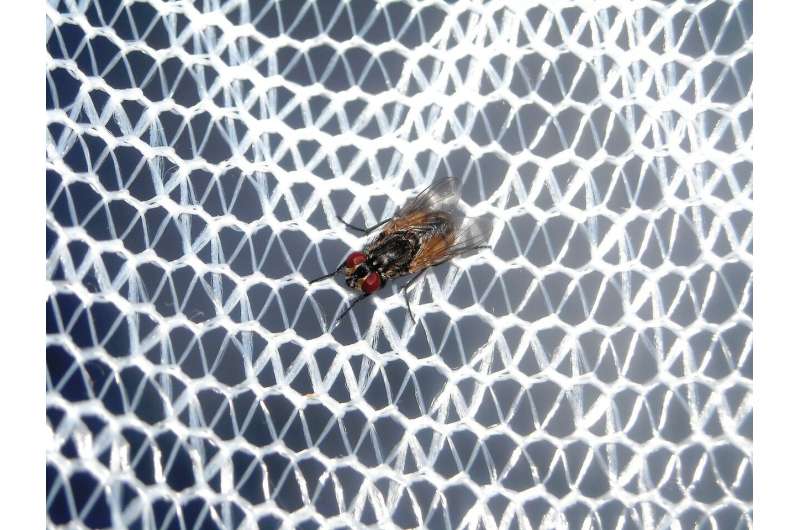Antibodies eye mosquito-transmitted Ross River fever

Ross River fever is a mosquito-transmitted disease endemic to Australia and surrounding Pacific Islands. There is no specific treatment or vaccine for Ross River virus (RRV) infection, which causes rash, fever and debilitating muscle and joint pain lasting three to six months.
James Crowe Jr., MD, and colleagues isolated a panel of human monoclonal antibodies from the blood of two RRV disease survivors. The monoclonal antibodies potently neutralized RRV infectivity in cell culture and blocked infection through multiple mechanisms. In an immunocompromised mouse model, they significantly reduced viral burden, clinical disease and death.
The findings, reported May 4 in PLOS Pathogens, suggest that therapeutic administration of monoclonal antibodies in early RRV disease may be beneficial in reducing viral load and disease severity.
Antibody treatment also might decrease the likelihood of human-mosquito-human transmission, the researchers added. There is evidence that mosquitoes can pick up the virus after biting infected people, and then transmit it to the next person they bite.
More information: Laura A. Powell et al. Human monoclonal antibodies against Ross River virus target epitopes within the E2 protein and protect against disease, PLOS Pathogens (2020). DOI: 10.1371/journal.ppat.1008517
Journal information: PLoS Pathogens
Provided by Vanderbilt University




















